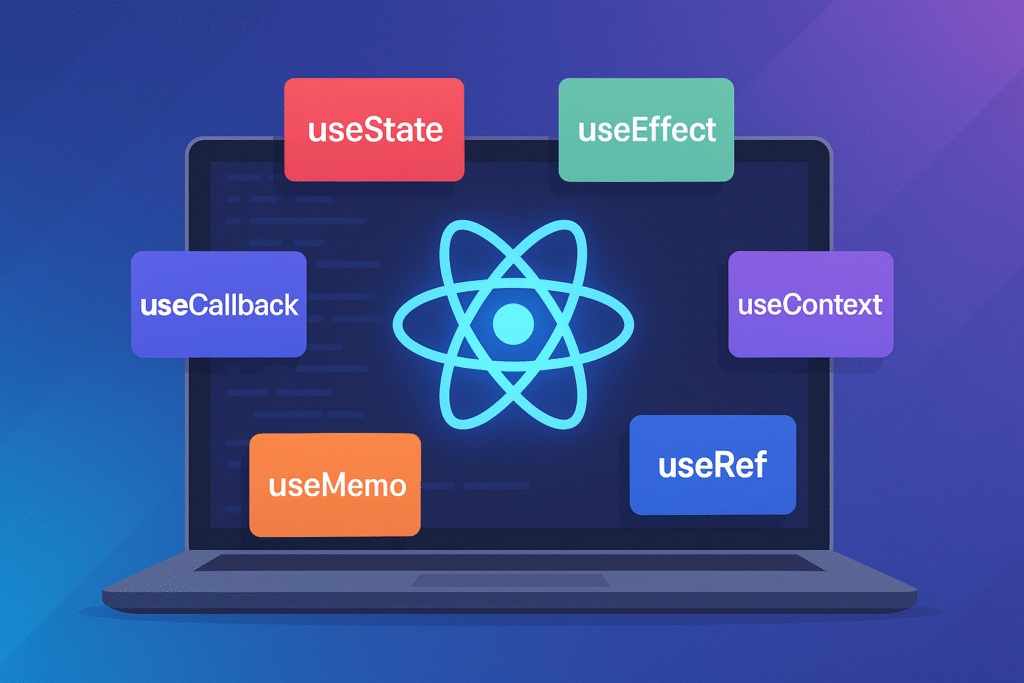System Design Is Not Overrated (Despite What You’ve Heard)
Why most developers fail at system design interviews – and how to avoid being one of them
“System Design is highly overrated.”
I hear this a lot from developers who haven’t interviewed at top companies recently. Usually from those who excel at data structures and algorithms but haven’t needed to think at scale yet.
But ask anyone who’s said that to sit through a few interviews for SDE2/SDE3 roles, especially at FAANG or other top product companies. They’ll realize real quick that mastery of DSA alone simply won’t cut it anymore.
“Most people don’t fail System Design interviews because they haven’t built enough systems. They fail because they don’t understand the basics.”
The Real Problem With System Design Interviews
It’s easy to get excited about advanced topics like designing distributed databases, scalable microservices, or complex messaging systems. But the truth is, these aren’t as common in interviews as they seem from online courses and YouTube videos.
Most candidates stumble because they rush to complex solutions before they’ve properly addressed the fundamentals. They’re so eager to show off their knowledge of Kafka, Redis, or the latest NoSQL database that they miss the basics.
Common System Design Interview Fails:
- Jumping to specific technologies before understanding requirements
- Failing to estimate scale properly (data size, QPS, bandwidth)
- Ignoring non-functional requirements (availability, consistency, latency)
- Over-engineering solutions for simple problems
- Not considering tradeoffs between different approaches
Master These Fundamentals First
Requirements Gathering
Learn to ask clarifying questions. What features are essential vs. nice-to-have? What is the expected scale? What are the performance requirements? Interviewers want to see that you don’t make assumptions.
Back-of-Envelope Estimation
Know how to quickly estimate data size, QPS, bandwidth, and storage requirements. This skill shows you can think about scale and helps you pick the right architecture for the problem.
API Design
Understand how to design clean, intuitive APIs that address the core user flows. This means defining clear endpoints, request/response structures, and error handling approaches.
Data Modeling
Know how to design database schemas that support your use cases efficiently. This includes choosing between relational/non-relational, defining entities, and understanding access patterns.
Core Components
Understand the basic building blocks: load balancers, caching, databases, message queues, etc. Know their purposes, strengths, weaknesses, and when to use each one.
System Constraints
Be able to discuss CAP theorem trade-offs, consistency models, and performance characteristics. Understand that every design decision comes with benefits and drawbacks.
A Better Approach to System Design Interviews
Start With Requirements, Not Solutions
Spend the first 5 minutes asking questions that clarify functional and non-functional requirements. This shows you don’t rush into solutions prematurely.
Outline the High-Level Design First
Sketch the major components before diving into specifics. This approach shows you can see the forest, not just the trees, and helps ensure you don’t miss critical parts of the system.
Discuss Trade-offs Explicitly
For every design decision, mention alternatives you considered and why you chose one approach over others. This demonstrates breadth of knowledge and critical thinking.
Iterate and Improve
Start with a simple design that works, then iterate to address scale and edge cases. This incremental approach mirrors how systems evolve in the real world.
The Bottom Line
System design isn’t overrated – it’s just misunderstood. Companies aren’t looking for candidates who can recite the architecture of Instagram or TikTok from memory. They want engineers who can think methodically, communicate clearly, and make sound technical decisions.
Focus on mastering the fundamentals rather than memorizing specific tech stacks or architectures. A solid grasp of the basics will serve you better than surface-level knowledge of trendy technologies.
Your Turn
What system design concepts do you find most challenging? What strategies have helped you improve your system design skills?
Share your thoughts in the comments – your insights might help others facing similar challenges.


